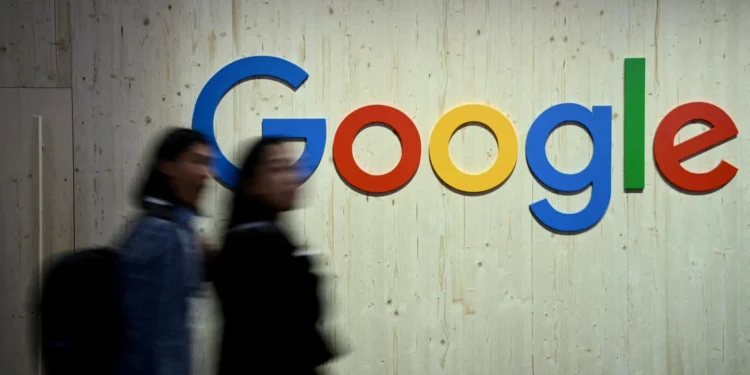In an unexpected move that is sure to reshape the future of artificial intelligence at Google, the company has revamped its leadership structure within its cutting-edge AI division, Gemini. The shake-up comes just as the spotlight shines on new innovations and breakthroughs in consumer-facing technologies powered by AI. Google’s decision to place Woodward at the helm of Gemini signals a shift toward rapid prototyping and user-centric products that harness the full power of AI. As part of this strategic pivot, Google aims to refine and simplify its AI models, making them more accessible and impactful for everyday users.

Woodward’s Vision for Gemini: Consumer-Centric AI Products
Woodward’s appointment marks a pivotal moment for the Gemini project. Known for his expertise in driving innovative, user-friendly AI solutions, Woodward’s focus will be on creating practical applications that build on Google’s extensive research. His team, previously involved in creating experimental products under Google Labs, has already shown a knack for delivering groundbreaking solutions.
Notably, one of Woodward’s most successful projects was NotebookLM, an AI tool that allows users to upload extensive text documents, which the model then transforms into a conversational experience. Picture it as a podcast-style discussion between two AI-generated hosts, providing users with insights and summaries of lengthy content. This success has given Woodward and his team the confidence to push forward with similar projects under the Gemini umbrella, hoping to further develop AI tools that connect with users on a personal level.

The Power of Project Mariner: AI that Thinks for You
One of the more ambitious projects spearheaded by Woodward’s team is Project Mariner. Still in the developmental phase, Mariner has the potential to redefine how users interact with the web. This AI agent is capable of taking autonomous actions in the Chrome browser, navigating websites, filling out forms, and even gathering necessary information—all without requiring direct input from the user.
While Project Mariner is not yet available to the public, its potential to streamline and automate web-based tasks could be a game-changer for millions of users. By providing an intelligent, user-focused browsing experience, Google could further its goal of making AI an everyday utility for people across the globe.
The Bigger Picture: Google’s Commitment to AI Innovation
The strategic leadership shift at Gemini aligns with Google’s long-term vision of blending sophisticated AI models with practical, consumer-facing products. With Woodward now steering the ship, the company is poised to transform AI from a niche tool for developers into a seamless, everyday resource. Hassabis, the driving force behind this decision, believes that under Woodward’s guidance, Gemini will become the hub for groundbreaking AI tools that are not only innovative but also accessible to a wider audience.
As AI continues to evolve, projects like NotebookLM and Project Mariner represent just the beginning of what could be a new era for Google and the AI landscape. With the right leadership in place, it’s clear that Gemini will play a critical role in bringing AI-powered products to the masses, changing how we live, work, and interact with technology.

With Woodward leading the charge, the future looks bright for Gemini. As Google continues to fine-tune its AI offerings, the company is expected to release even more sophisticated tools aimed at simplifying everyday tasks and improving the overall user experience. Whether it’s through innovative tools like NotebookLM or AI agents like Project Mariner, Google’s commitment to pushing the boundaries of what AI can do is unwavering.
As more details about these projects emerge, the tech world is watching closely to see how these advancements will shape the next generation of consumer AI. One thing is for certain: under Woodward’s leadership, Google is not just participating in the AI revolution—it’s leading it.










